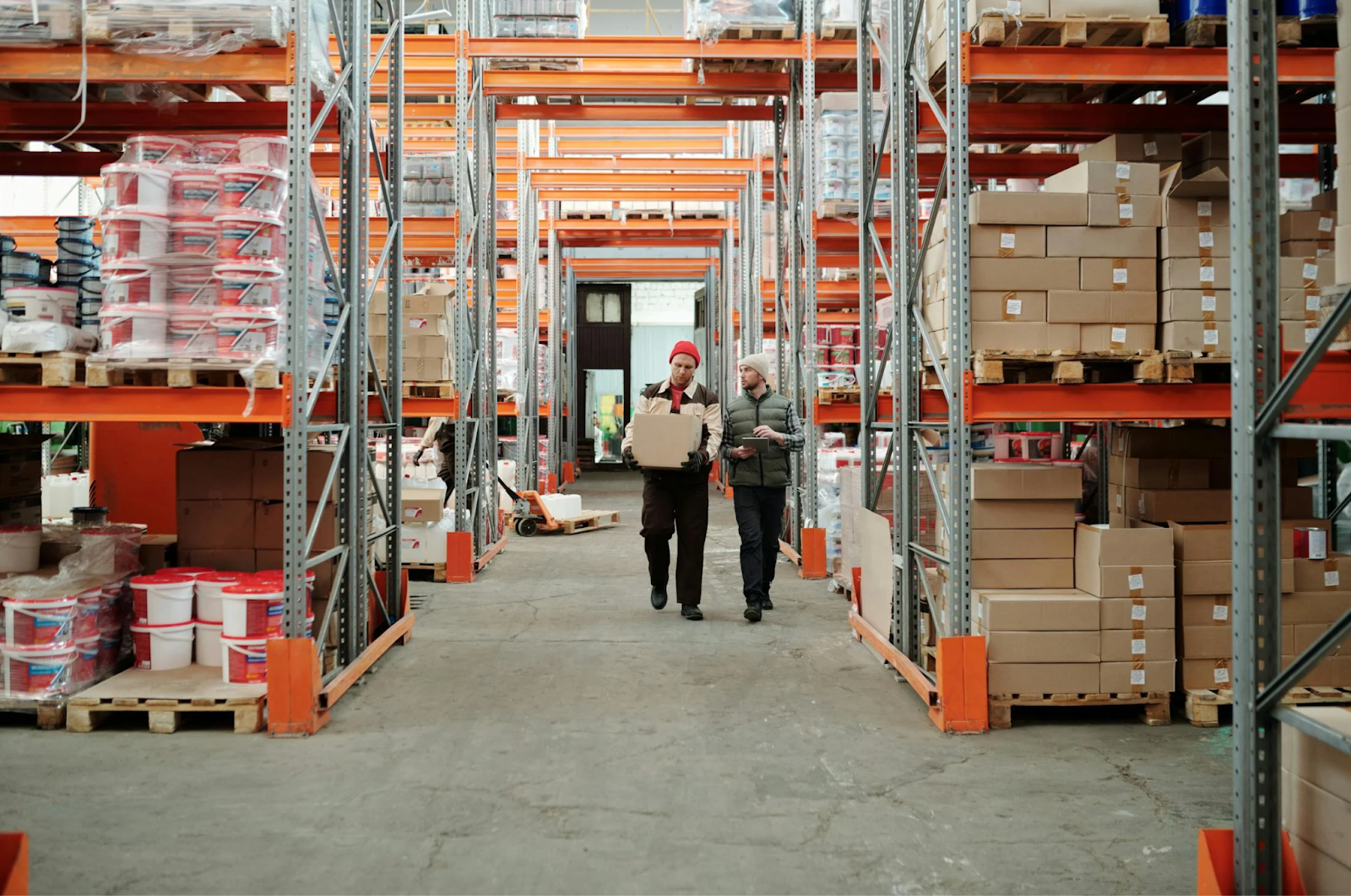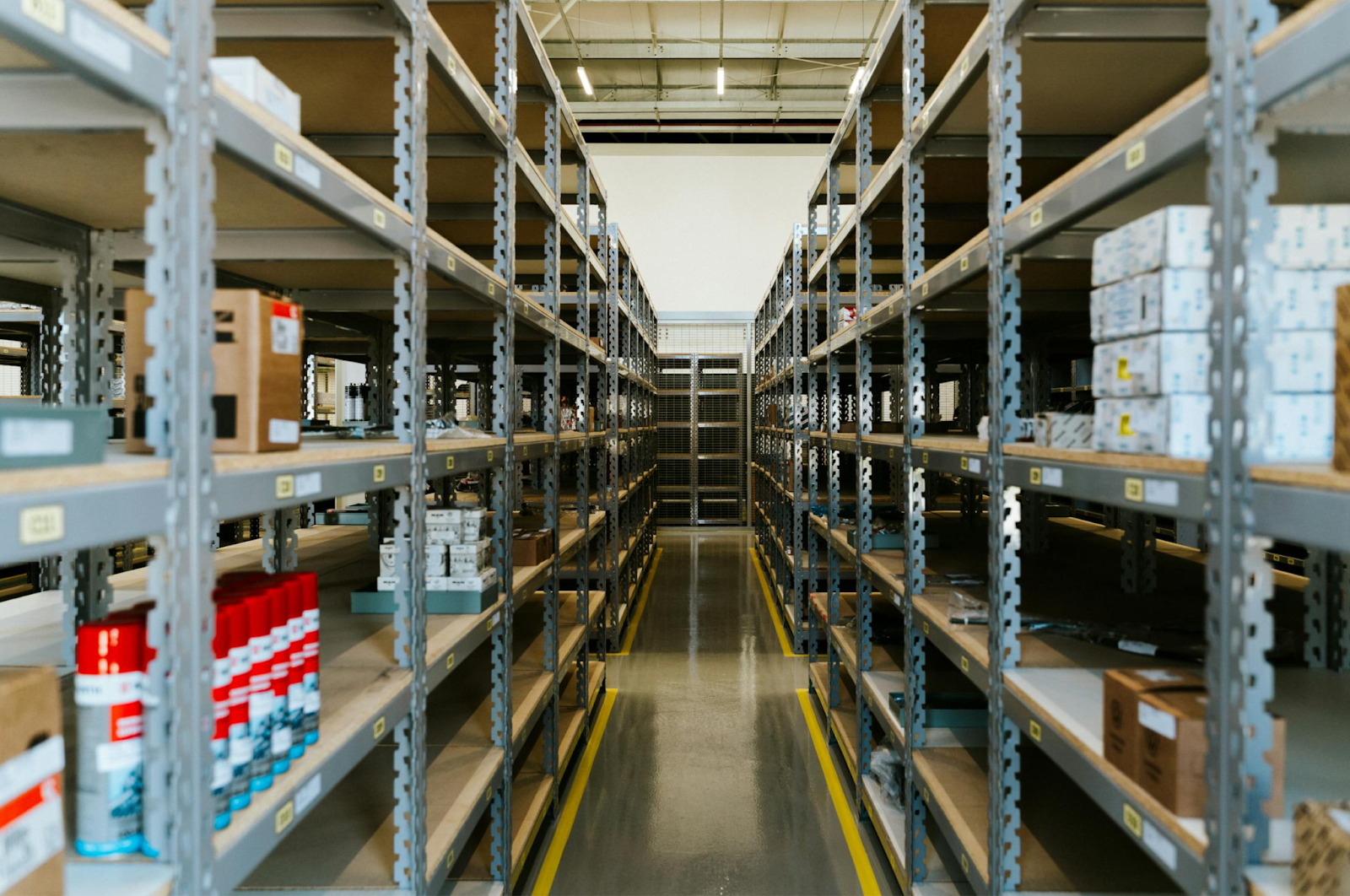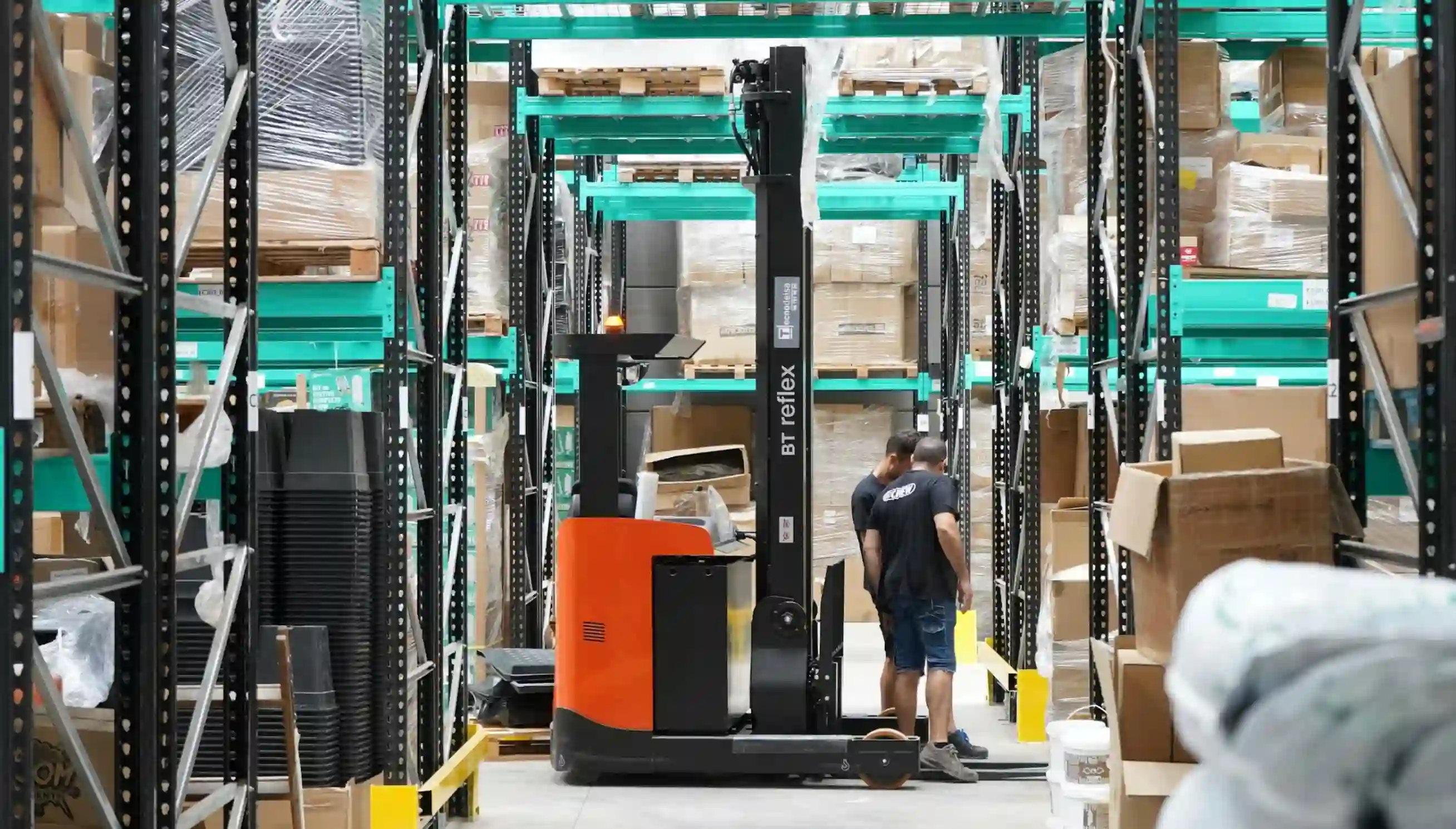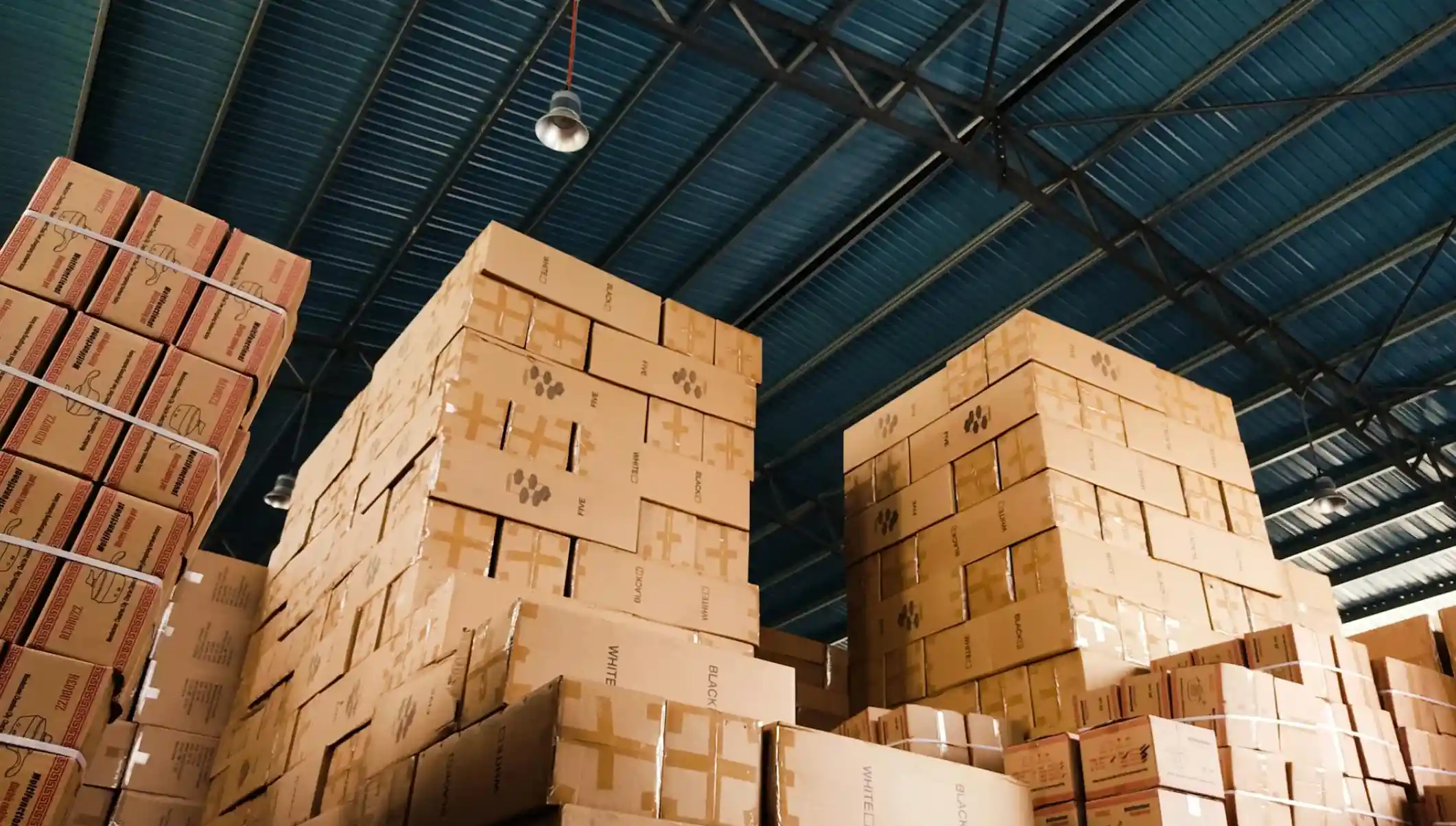Why Warehouse Decommissioning Requires Specialized Expertise
At Michaels Global Trading (MGT), we’ve seen how the right planning and experience make the difference between a smooth transition and a costly disruption for your warehouse decommissioning.
Decommissioning a warehouse is a complex process that involves far more than clearing out inventory. It requires a combination of technical skill, safety compliance, asset management, and environmental planning to execute correctly. Without specialized expertise, projects can run over budget, miss deadlines, or create avoidable safety hazards. At Michaels Global Trading (MGT), we’ve seen how the right planning and experience make the difference between a smooth transition and a costly disruption.
- Skilled planning prevents costly delays and hazards
- Experience ensures all stages of the process run efficiently
The Complexity of Warehouse Decommissioning
A warehouse decommissioning project often includes dismantling large racking systems, removing heavy machinery, dealing with hazardous materials, and restoring the facility to meet lease requirements. These are not tasks that can be improvised—they demand the right tools, trained personnel, and a structured plan to ensure each step happens in the right order without disrupting other parts of the process.
- Covers machinery removal, structural teardown, and facility repairs
- Requires technical expertise to coordinate multiple moving parts
Safety and Compliance
Industrial environments carry inherent risks, from working at heights to handling electrical disconnections. OSHA data shows hundreds of injuries occur annually during improper equipment dismantling. Professionals understand and follow strict safety regulations, use proper protective equipment, and coordinate with building management to ensure compliance with local codes and occupational safety laws.
- Proper safety procedures prevent injury and liability
- Compliance ensures the project meets all legal and regulatory standards

Maximizing Asset Value
A warehouse closure presents a prime opportunity to recover value from assets. Partnering with an office furniture liquidation company or industrial asset buyer can help sell, repurpose, or donate items such as racking, office furniture, and machinery. This approach not only offsets decommissioning costs but also prevents usable items from going to waste, supporting both your bottom line and sustainability goals.
- Turns surplus assets into financial returns
- Reduces waste through resale, donation, or recycling
Environmental Responsibility
The EPA estimates millions of tons of commercial furnishings and equipment end up in landfills every year. Professional decommissioning teams integrate recycling, donation, and resale strategies into their work, helping businesses meet landfill diversion goals and ESG commitments. This structured approach to sustainability is becoming a standard expectation in modern facility closures.
- Meets environmental and corporate sustainability targets
- Diverts reusable materials away from landfills
Why Work With Specialists
Selecting an experienced partner such as MGT for your warehouse decommissioning services means benefiting from a team that understands logistics, compliance, and asset recovery. The right specialists will complete the project on time, within budget, and with minimal disruption to your operations, ensuring a smooth handover of the space.
- Expertise ensures efficiency, compliance, and asset protection
- Reduces stress while maximizing value from the decommissioning process

Quick Recap
- Warehouse decommissioning demands planning, technical skills, and regulatory compliance.
- Professionals help recover value from assets and reduce environmental impact.
- Partnering with experienced specialists like MGT ensures an efficient, compliant, and cost-effective project.




